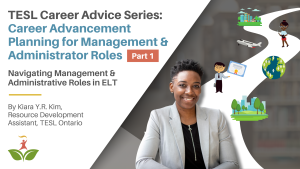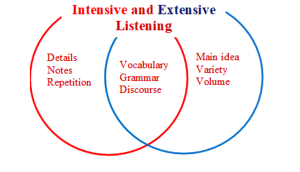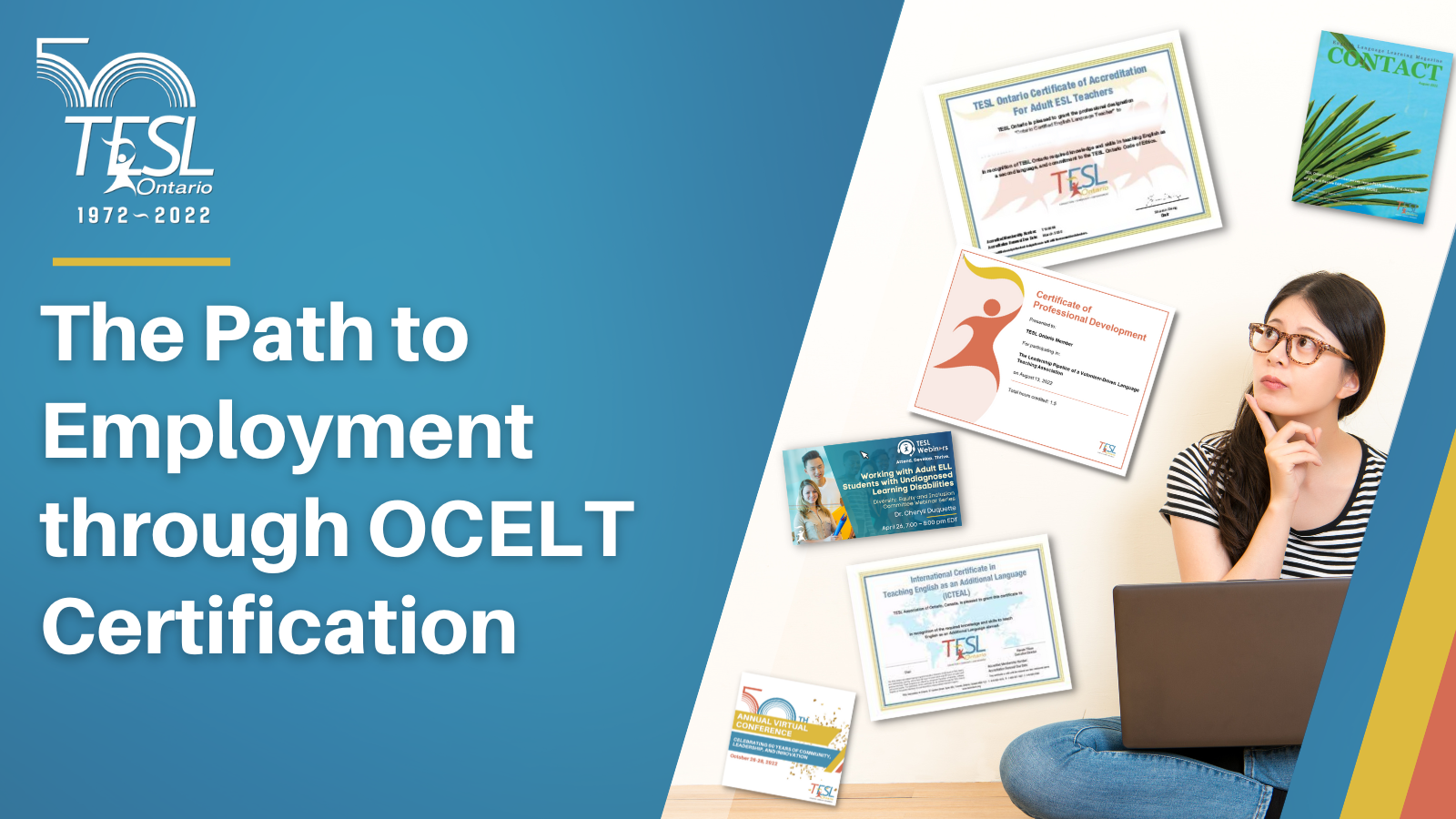Learners often come to me with questions about their English reading materials. They wonder if the books they’ve chosen are good for practicing English or why certain expressions differ from what they hear daily. For instance, one of my students asked why “you shall” was used in a text. This highlighted a common issue: many learners struggle to distinguish between reading for pleasure and reading to learn English as a second language. This leads to a vital question: How does one choose a book that benefits English learning? However, selecting the right materials involves more than just finding any English text—it requires careful consideration of the learner’s proficiency level and the regional variation of English they are exposed to.
Continue readingCategory Archives: Resources
Student Engagement Strategies That Work
As the day wears on, it’s not uncommon to see learners becoming unfocused, disengaged with classroom tasks, restless, noisy or silent. The most demotivating aspect of disinterested students is their unwillingness to learn. A Gallup student poll (2014) reports that nearly 50% of the learners were “either not engaged (28 percent) or actively disengaged (19 percent) in school” (Collier, 2015).
Navigating Management and Administrative Roles in ELT
 Administrative roles are important in the overall management, functioning, and strategic direction of educational institutions. These roles can encompass a wide range of responsibilities that may involve overseeing operations, implementing policies, or managing resources to ensure the overall success of the educational programs and institutions.
Administrative roles are important in the overall management, functioning, and strategic direction of educational institutions. These roles can encompass a wide range of responsibilities that may involve overseeing operations, implementing policies, or managing resources to ensure the overall success of the educational programs and institutions.
Whether you are an educator seeking to broaden your impact on a larger scale, drawn to leadership and mentorship for educators, or motivated for professional growth, embarking on the path from educator to administrator is a journey that demands both ambition and strategic navigation.
In this unique blog series, we explore the pursuit of administrative roles in the field of English Language Training (ELT). TESL Ontario collaborated with six (6) hiring managers representing various sectors of the Ontario ELT landscape, who stand ready to share their experience, advice, and wisdom along this transitional journey. This first installment of the series is designed to introduce you to the available roles and potential pathways into administration.
Continue readingCoping with the AI Challenge
September is here! The past eight months of warnings of artificial intelligence- or AI- generative chat calamities were heeded by some and ignored by others. Hopefully, you are one of the fortunate ones who work in an institution where AI policies, guidelines, just-in-time support and plagiarism teaching-learning plan statements are ready and accessible to supervisors, instructors and learners. If this is not your situation, this post is for you. Read on to quickly pick up some tips to cope with AI generative chat technologies while your institution works towards comprehensive strategies.
Listening in Language Learning Part II: Extensive Listening
 This two-part blog focuses on tips for improving your students’ listening skills with both intensive and extensive listening methods. If you haven’t yet, go read Part I: Intensive Listening, then come back to read Part II. In this second part I will focus on extensive listening by offering tips for extensive listening practice, some resources for teachers to utilize, and some overall listening goals for teachers to bear in mind.
This two-part blog focuses on tips for improving your students’ listening skills with both intensive and extensive listening methods. If you haven’t yet, go read Part I: Intensive Listening, then come back to read Part II. In this second part I will focus on extensive listening by offering tips for extensive listening practice, some resources for teachers to utilize, and some overall listening goals for teachers to bear in mind.
Extensive Listening
Just like extensive reading, this activity involves listening to ‘self-selected’ listening material slightly below the student’s proficiency level and in large quantities. The focus is on overall understanding because the task is more relaxed and self-directed, with learners listening to longer audio or video selections without necessarily trying to understand every word. The goal of extensive listening is to develop overall listening comprehension skills, get used to the sounds and rhythm of speech, and become more familiar with the language in a natural way.
Continue reading
Showcase Your Lifelong Learning Commitment: Include Certificates on your LinkedIn Profile
 If you’ve been a TESL Ontario member for a while, you probably have more than one PD Certificate sitting in your inbox as a result of attending one of our webinars, conferences or TESL Dialogue sessions. While these certificates are essential in accruing the PD hours required to maintain your OCELT each year, they also make a great addition to your professional LinkedIn profile! Read on for instructions for how to upload certificates…
If you’ve been a TESL Ontario member for a while, you probably have more than one PD Certificate sitting in your inbox as a result of attending one of our webinars, conferences or TESL Dialogue sessions. While these certificates are essential in accruing the PD hours required to maintain your OCELT each year, they also make a great addition to your professional LinkedIn profile! Read on for instructions for how to upload certificates…
Continue reading
The Path to Employment through OCELT Certification
Written by Reza Mazloom-Farzaghy, Accreditation Services Manager, TESL Ontario
Equipped with OCELT (Ontario Certified English Language Teacher) certification, job seekers have access to employment opportunities across a broad spectrum of teaching sectors in Ontario and beyond.
Continue readingTask-Based Language Teaching
In my last blog, I wrote about the educational movements and how they have encouraged new methods of viewing teaching and learning. They have also made room for new forms of content delivery to be developed. One of the more recent developments in content delivery, which is becoming popular in language teaching, is Task-Based Language Teaching (TBLT), or “learning by doing.” Learning by doing can be defined as performing an action, i.e. enactment; in comparison, other ways of learning something are learning by viewing or learning by listening (Steffens et al., 2015). There is a general assumption that learning by doing creates better memories of an event or action, and so styles like TBLT are becoming more popular.
Continue readingMultimedia English Class with Ted Talks
Teaching research writing and communication courses has been one of the best experiences I have had in my teaching career so far. One of the challenges, however, has been encouraging students to read articles before joining classes. These reading articles are a prerequisite for our students to complete a series of reflective reading and writing practices. Therefore, I have started taking advantage of TED Talks as a not so state-of-the-art, but practical resource for a college communication course. Here are a few ways I use this resource in my classes:
Continue readingWeb Accessibility for Language Teachers
 Educational digital accessibility is often viewed as a set of practices dedicated that assist disabled individuals with challenges to participate in online and blended courses. In fact, accessibility practices endeavor to more than eliminate barriers to education; they ensure that digital content is enhanced for everyone. Digital accessibility practices are something we all should practice because:
Educational digital accessibility is often viewed as a set of practices dedicated that assist disabled individuals with challenges to participate in online and blended courses. In fact, accessibility practices endeavor to more than eliminate barriers to education; they ensure that digital content is enhanced for everyone. Digital accessibility practices are something we all should practice because:
- they remove barriers to education and training
- legislation requires accessibility across Canada
- many Canadians live with at least 1 disability
- they improve all digital resources for all users
- it is the right thing to do






